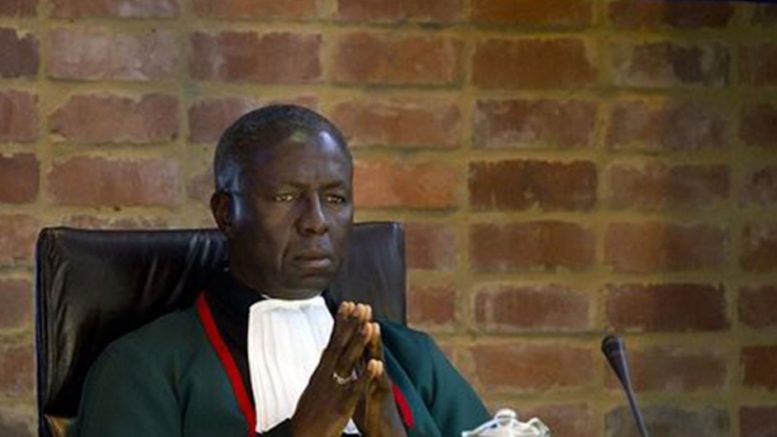Deputy Chief Justice Dikgang Moseneke announced in a discussion on the land question in Johannesburg that the ‘willing buyer, willing seller’ is not and was never backed by the constitution.
This by all means brings up a question of who exactly is backing up this pro-longed rule denying the public and the economy it’s own land?
Before the discussions, Dikgang started his remarks by quoting from Frantz Fanon, “For a colonised people the most essential value, because the most concrete, is first and foremost the land: the land which will bring them bread and, above all, dignity.” He further spoke about issues that surrounds the land and mentioned the constitution does allow the expropriation of land and does not make the land reform impossible. He also said the policy “willing buyer, willing seller” and the thinking or logic behind it does not appear in the constitution of South Africa.
If this is the case, then once again who is responsible for this phrase?
This brings up a question to the ruling party, where is your responsibility in this regard to archieving meaningful land reform after apartheid. The rdm reported that the chief justice also said “It is not difficult to sustain this line of argument in contemporary South Africa. The former bantustans are governed on a fundamentally different basis to the rest of the country and there are numerous stories of self-interested complicity between traditional authorities and mining companies as well as various kinds of abusive practices, some mediated through an enthusiastic embrace of patriarchal ideas, on the part of traditional authority.”
He also conrinued that “But it’s also not unusual to hear people, people who have a background in struggle, and in the ANC, who are not politically conservative and who live in diverse communities, argue that pre-colonial modes of rule enabled access to land and engaged people on a respectful basis and are therefore preferable to corrupt and authoritarian councillors that disrespect people and sustain modes of allocating land understood to be colonial. In some cases people have actual experiences with amakhosi that are vastly better than their experiences with councillors. And while rural areas often remain poor, for many people living in cities they are still a place of sanctuary — a place to which people can return when they are unwell or out of work, to which they can send their children in difficult times, and to which they can retire and be buried. An urban life is often a precarious and exhausting strategy to sustain a rural sanctuary. Zuma’s ANC is the only organisation of any real weight within the elite public sphere that has recognised and spoken to these sentiments.”
http://www.mashtownradio.co.za/It-Is-Legal-To-Take-Land-From-Owners-For-The-Public-Use-In-South-Africa/75

